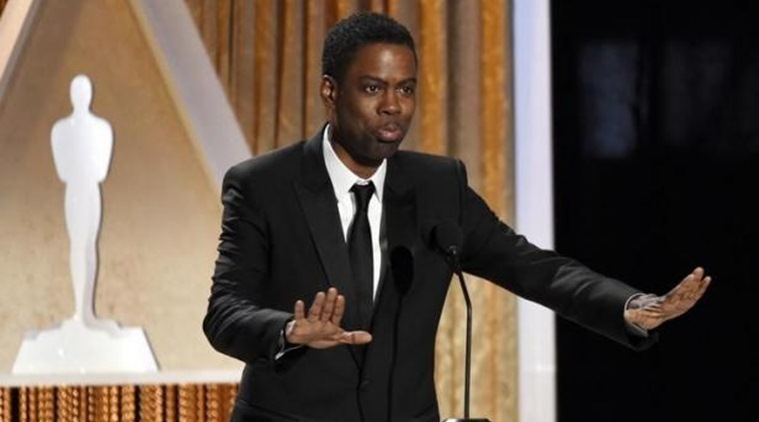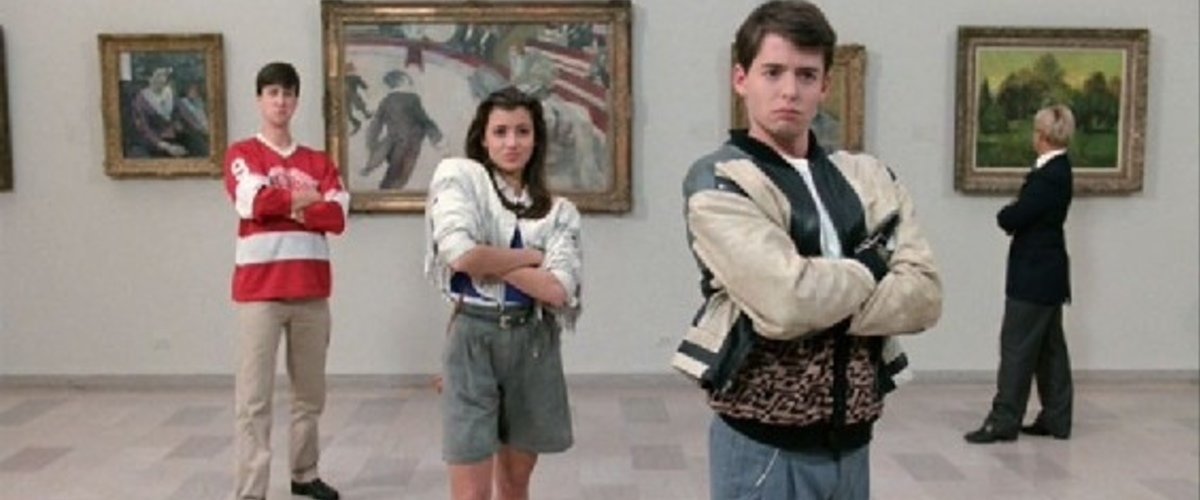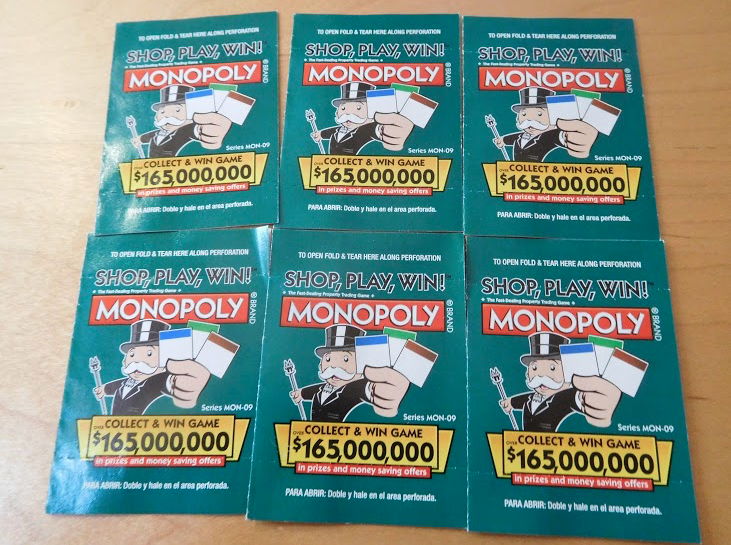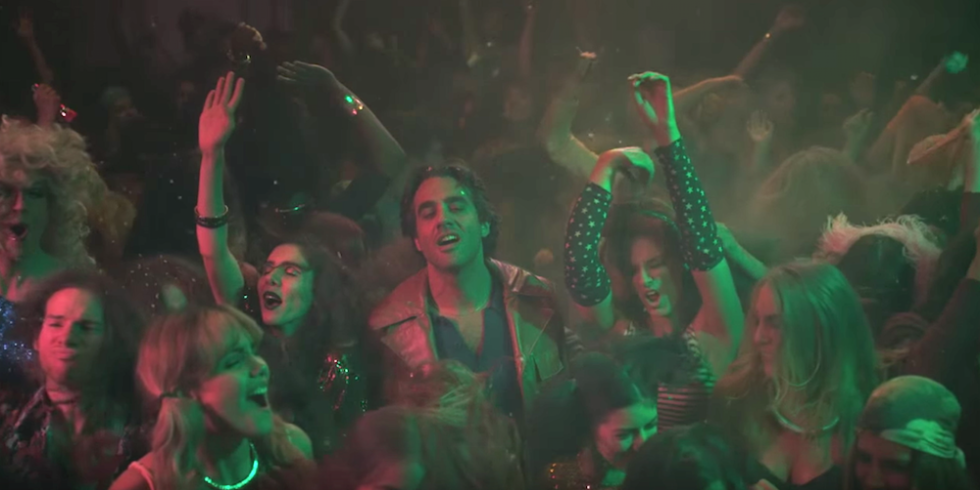Vinyl is the HBO's much-touted new show about the recording industry in the mid-70s. It's produced by Mick Jagger, Martin Scorsese, Rich Cohen and Terence Winter. Scorsese also directed the pilot, which was co-written by Winter. Those two previously worked together on
Boardwalk Empire, an HBO show that had a lot going for it but could never quite get it all together. That may be
Vinyl's fate, but we'll have to see how things develop.
That's because they throw a lot into the first episode (which is two hours long), but it's a stew with ingredients that don't necessarily fit together well.
We start in medias res, which is getting to be a tiresome formula, and is specifically ill-suited to
Vinyl's format, as we'll see. It's 1973. Protagonist Richie Finestra sits in his car, parked on a rough street in New York. He seems troubled. He buys some drugs, gets high, and then gets out and follows young people to a concert, where he sees the New York Dolls and really gets into it. Is this the new sound? Will it save the recording industry, or even just this record man?
Then we flash back a few days. Richie's spent many years in the record industry and is in talks with PolyGram to purchase his label, American Century. It'll make Richie, as well as his crew--his head of promotions and head of sales--rich. We also get to see some of their sybaritic lifestyle as they fly home on a private jet with plenty of drugs and young women.
This is a decent enough plot, but soon so many things are tossed in that it's hard to know what we're supposed to care about. I realize this is a series, so you need more than one plot-line, but best to keep it simple at first and establish how things work. Instead, here's some of what we get:
--Richie and his wife having marital troubles because he doesn't seem satisfied with what he's got
--Richie losing a deal to buy Led Zeppelin, which will make his company more valuable
--Richie trying to find a new act that will get the company hits
--Richie's label losing airplay when a radio guy is mad at one of his artists
--Richie and another guy killing the radio guy (arguably in self-defense) and dumping his body and then worrying if they've been discovered.
And that's just Richie's plots. We also meet other regulars, such as Jamie Vine, an assistant in the A&R department who thinks she's found a new, hot band and sleeps with their lead singer (played by James Jagger, Mick's son).
This might sound like more than enough to keep the show spinning, but large portions are taken up with flashbacks to Richie's early years. This is why we didn't need the opening--because it led to a flashback to catch us up, but suddenly within the flashback we get numerous earlier flashbacks. Unnecessarily complex.
We see how Richie got into the music business. He couldn't play music, but he had great ears. He started to manage a blues singer, but when Richie got him on a label, they made him sing silly pop numbers. When the mob buys out the singer's contract and he complains, they beat him up. Just some of the compromises of being in the recording industry.
These 60s flashbacks are well done, and make you wonder if maybe the show shouldn't have been set back then instead. But the "present" of this show is the 70s. It was an intriguing era--essentially we're still in the hangover of the 60s. Rock music is bigger than ever, but in danger of bloat. There were tons of drugs around, and albums were selling like never before. And New York, where
Vinyl is set, which was more violent and dirty than ever before, saw punk starting to bubble up. This transformation seems to be a major part of the show, which is fine, except that punk, and later new wave, while it did change the sound of the time, and had its successful acts, was never that big (in America), and didn't exactly save the recording industry.
By the end of the pilot, despite all the problems, PolyGram makes an offer. Richie will be rich, except I can't believe he'll sell his company or there'll be no show. Then we cut back to him watching the New York Dolls. He sees the building start to crack. At first we figure its a drug-induced hallucination, but no, it's real. The building caves in and there's Richie, crawling from the wreckage. It's a "big" ending, but silly. This would have killed him. This event is based on the time when the
Mercer Arts Center fell down, but no one was playing then, and people there were killed.
Bobby Cannavale is a good choice for the lead. He often plays tough guys, but he's got enough range to pull off whatever's required. Juno Temple is pretty good as the ambitious assistant, as is Ato Essandoh as the blues singer. The rest, including Ray Romano, Olivia Wilde and Max Casella, have so far gotten lost in the blur.
One of the interesting questions the producers had to deal with--should the music be real or made up for the show. Their answer: mostly real. The soundtrack is full of actual recordings, from the 70s and earlier days. They even have actors playing real characters, such as the New York Dolls and Led Zeppelin. But the band the assistant goes after are called Nasty Bits--they and they're music were created for the show. It's a weird mix, a bit reminiscent of
Mad Men--sometimes the clients' ads were what actually happened in the 60s, sometimes they were fictional. The trouble with music, though, is stuff you make up for a show can rarely compete with known classics.
































